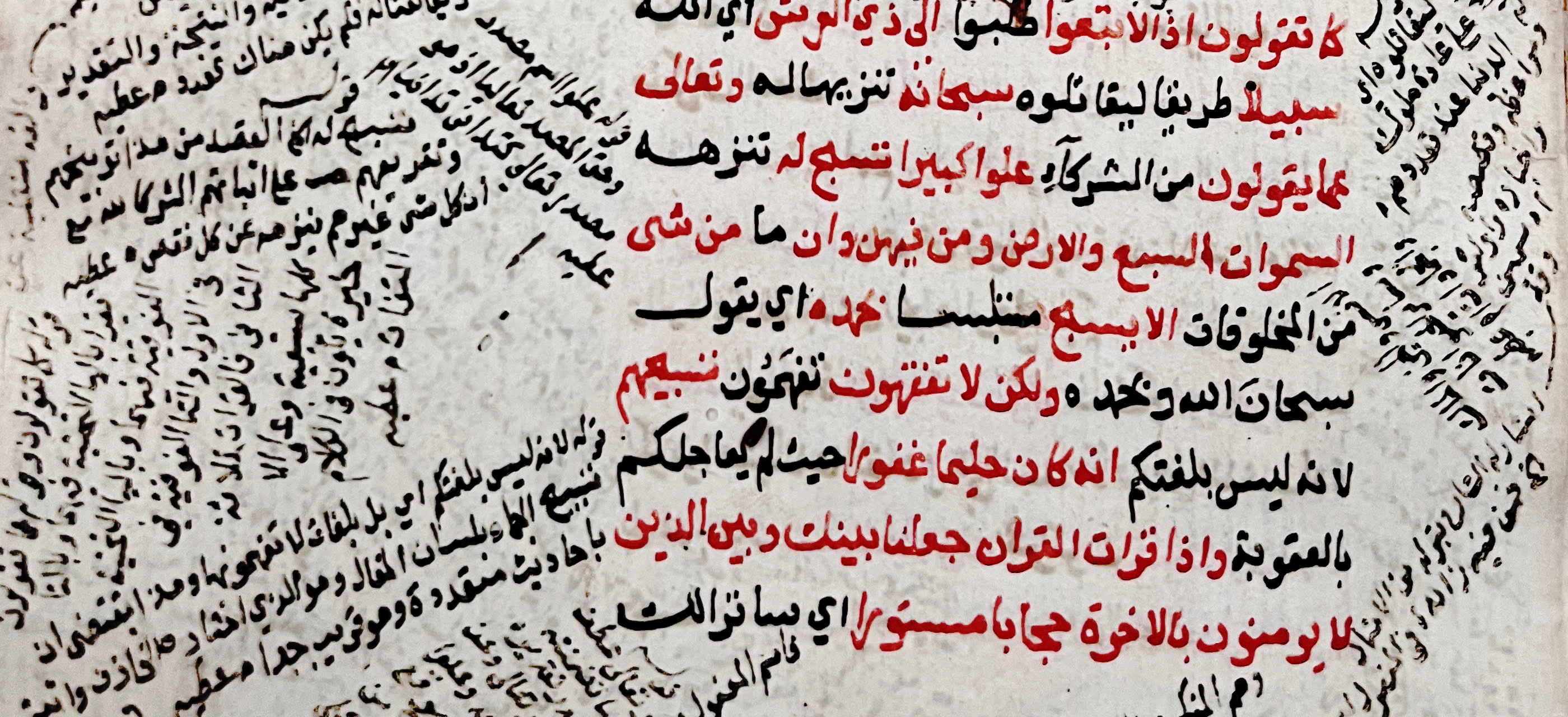The Sultans of Zanzibar and the Abolition of Slavery in East Africa
Contenu
- Titre
- The Sultans of Zanzibar and the Abolition of Slavery in East Africa
- Créateur
- Liebst, Michelle Voir tous les contenus avec cette valeur
- Date
- 2024
- Dans
- Law and History Review Voir tous les contenus avec cette valeur
- Résumé
- In 1890, Sultan Ali of Zanzibar declared in writing that “we wish by every means to stop the slave trade.” Statements like these, in addition to the actual passing of anti-slavery legislation, call into question the generally accepted scholarly understanding that the sultans of Zanzibar only agreed to pass and enforce anti-slavery legislation because they were under duress from European, mainly British, powers, who negotiated favorable political and economic benefits in return for (gradual) abolition. A close analysis of the sources tells a more complicated story of both collaboration and conflict between the Zanzibari sultans, their subjects, and the British agents. Moreover, each sultan had distinctive political and religious beliefs, as well as individual personal experiences and outlooks. This paper explores the anti-slavery legislation passed under three sultans of Zanzibar: Barghash bin Said (1870–1888) who prohibited the transport of slaves by sea in 1873, Ali bin Said (1890–1893) who passed the Slave Trade Prohibition Decree of 1890, and Hamoud bin Mohammed (1896–1902) who passed the Abolition Decree of 1897. By analyzing draft treaties and correspondence before and after the passing of legislation, this paper argues that the sultans and their advisors were not devoid of ideological interest in ending slavery; and that British agents and explorers in the region were too hastily hailed as abolitionists.
- Sujet
- Esclavage -- Zanzibar Voir tous les contenus avec cette valeur
- Langue
- eng
- pages
- 1-26
- doi
- 10.1017/S0738248023000561
- issn
- 0738-2480, 1939-9022
Liebst, Michelle, “The Sultans of Zanzibar and the Abolition of Slavery in East Africa”, 2024, bibliographie, consulté le 21 décembre 2024, https://ibadica.org/s/bibliographie/item/22631
Position : 35200 (1 vues)

